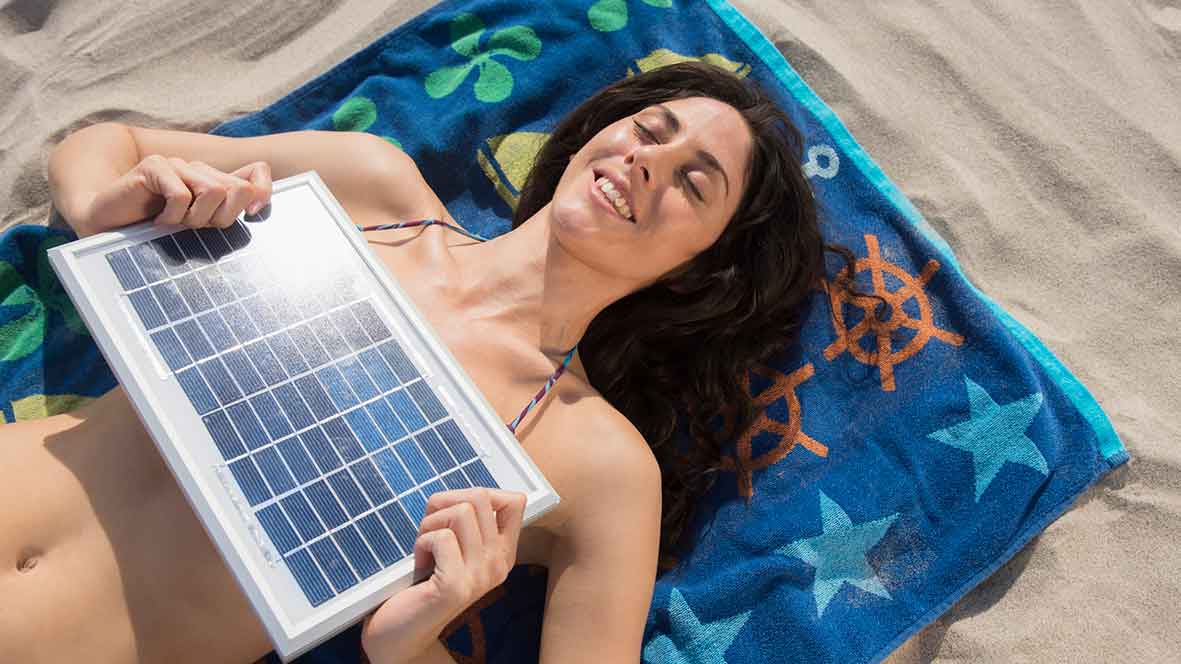This fund is promising 7pc returns for solar power investments

A new solar energy infrastructure fund led by a former Babcock & Brown executive is promising returns of 7 per cent for investors.
Warren Murphy was a senior executive at Babcock & Brown Power, a unit that, after the parent’s collapse in 2009 under the weight of massive debts, was reformed into Infigen Energy (ASX:IFN).
Murphy is chairman and managing director of Australian Solar Investments, which is looking to raise between $15m and $130m by selling ordinary shares and redeemable preference shares.
The entity does not plan to list on the ASX, but is targeting self-managed super funds (SMSFs) in its advertising with promises of an interest rate of 7 per cent a year on the redeemable preference shares.
Raising money to buy assets
Australian Solar Investments does not yet have any assets or money. It plans to use funds raised to buy projects.
The prospectus says it’s looking at three projects.
There is the proposed Byford Solar Farm and Battery in WA, a project that has been in planning since at least 2016.
Another is a project by Chinese company Suntech called the Riverina Solar Farm, due to start commercial operations in the third quarter of 2020.
And then there is the Suntech project, the Robinvale project Victoria, which is due to start commercial operations by the end of March. This project has a power offtake agreement with Mojo Power, a company where Murphy is CEO.
Special purpose vehicles
The prospectus for Australian Solar Investments says it plans to invest in projects using equity or a mix of debt and equity, or shareholder loans, and will buy in via special purpose vehicles.
Investors will buy into Australian Solar Investments, but that company will outsource the finding and managing of its investments to a manager, an organisation called SMSF Funds Management set up in 2017.
The parent will pay that business a one off establishment fee of $500,000 and a management fee of 1 per cent a year of the gross asset value of the company, which the prospectus says is consistent with market rates.
Australian Solar Investments plans to generate income by selling electricity from the assets it buys as well as renewable energy certificates.
The prospectus noted a series of risks, including falling power prices putting its ability to negotiate favourable power purchase agreements in jeopardy; co-investment risks if it decides to do so in the Byford project alongside a third party; regulatory risk as rules around the power market remain in flux; and liquidity risk given the fund is not listed.
Australian Solar Investments has been contacted for comment.
UNLOCK INSIGHTS
Discover the untold stories of emerging ASX stocks.
Daily news and expert analysis, it's free to subscribe.
By proceeding, you confirm you understand that we handle personal information in accordance with our Privacy Policy.








